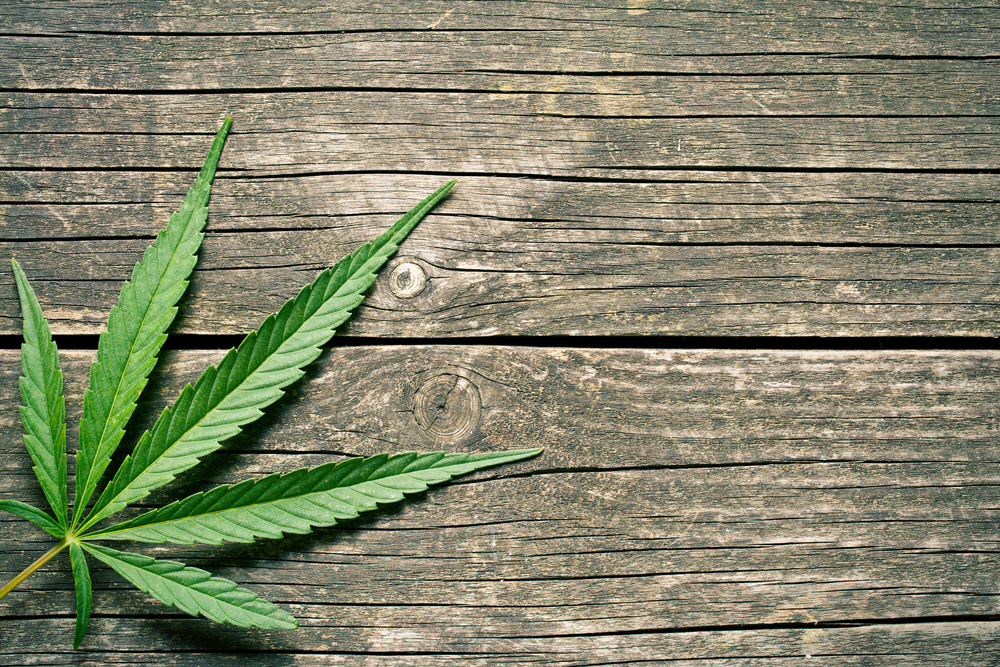Growing Approval of Cannabis Use in US Expands a Major Market, But Tensions Evident
Written by |

Voters in four U.S. states on Nov. 8 chose to legalize the recreational use of marijuana, and those in three other states approved the medicinal use of cannabis — all gains for pharmaceutical and other companies designing cannabis-based therapies for people with long-term chronic ills whose symptoms might be helped with these products, such as spasticity in multiple sclerosis (MS).
But tensions between current federal and changing state laws are also increasingly evident, and complicate such products’ use.
In statewide ballot issues that were also decided in the recent presidential election, voters in California, a large market (home to about 12 percent of the country’s population), joined those in Massachusetts, Maine, and Nevada in approving recreational marijuana use and sales. Eight U.S. states now have legal recreational use, including Colorado, Oregon, Washington and Alaska (and Washington, D.C.). Voters in Arkansas, Florida, and North Dakota approved a measure allowing for its medical use, bringing to 28 — a majority — the number of states with this approach.
Among the companies that likely will benefit from this growing acceptance of recreational and medical cannabis — expected by analysts to become a $22 billion market by 2020, according to a press release — is GW Pharmaceuticals, whose cannabinoid treatment for spasticity associated with MS, Sativex, is already approved for use in 29 countries outside the U.S.
GW also has a number of cannabinoid products under development for the treatment of other diseases, such as epilepsy, glioma and schizophrenia.
Other companies developing cannabis-related therapies include Cannabix Technologies, United Cannabis Corp, Insys Therapeutics, and Zynerba Pharmaceuticals.
Cannabix, for example, has a prototype product known as Cannabix Marijuana Breathalyzer, for use both by law enforcement and in the workplace. The product, designed to detect drivers or employees suspected of being under the influence of marijuana, will be tested in a scientific study for its accuracy and sensitivity in detecting THC (the active component in marijuana) on a person’s breath.
“When Cannabix first approached our lab with the goal of building a device that could detect trace amounts of THC through exhaled breath, we were excited to face the challenge,” said Richard Yost, with the University of Florida and a scientific adviser for the Cannabix Marijuana Breathalyzer. “We have been able to use our expertise … [to] build a device that achieves the required sensitivity and specificity but also will be a handheld portable device, similar to alcohol breathalyzers … to collect evidence of impaired driving and ensure safety on our roads as marijuana use becomes accepted in society and its use continues to grow.”
Tension, however, remains between evolving state laws and public views of cannabis use, and the federal government, which still criminalizes its use. The government, for instance, collects taxes from cannabis companies, but due to the federal ban on the drug’s use, these same companies cannot always make use of basic banking services — like credit and debit cards for purchases, or, in some cases, opening a business account — because banks are held to federal regulations. And, in the U.S., federal law can override state laws.
Some movement is evident, however, with the Treasury Department ruling in 2014 that banks may work with cannabis companies that show proof of complying with state laws governing its use.
Among states, cannabis for medical purposes — a doctor’s recommendation is generally required — is also subject to differing laws relating to the growing, possession, transport, and use of the marijuana plant.
According to a Gallup poll taken the month before the election, 60 percent of Americans favor legal marijuana use.


